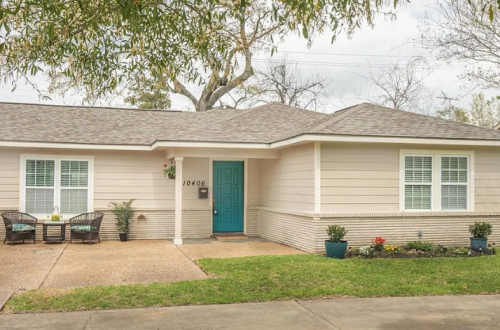Introduction: One of the most significant decisions when it comes to housing is whether to rent or buy a home. Both options have their advantages and disadvantages, and the choice depends on individual circumstances and preferences. In this blog post, we’ll explore the pros and cons of renting and buying a home to help you make an informed decision.
- Renting:
Pros:
- Flexibility: Renting provides flexibility, allowing you to move more easily if needed for career or personal reasons.
- Lower upfront costs: Renting typically requires a smaller upfront financial commitment, with no down payment or mortgage to worry about.
- Limited responsibilities: As a renter, you’re not responsible for major repairs or maintenance costs. The landlord is responsible for these expenses.
- Amenities: Rental properties often come with amenities such as swimming pools, gyms, and common areas that are included in the rent.
Cons:
- Lack of equity: Renting does not build equity. You’re essentially paying to live in someone else’s property without gaining ownership or the potential for appreciation.
- Limited control: Renters have limited control over the property. They must follow the landlord’s rules and may have restrictions on modifications or personalization.
- Rent increases: Rent prices can increase over time, subject to market conditions and landlord decisions, which may affect long-term affordability.
- No tax benefits: Renters do not benefit from tax deductions for mortgage interest or property taxes, which homeowners can claim.
- Buying:
Pros:
- Equity and investment: Homeownership allows you to build equity as you make mortgage payments and potentially benefit from property appreciation over time.
- Stability and control: Buying a home provides stability and the freedom to personalize and modify the property as desired, within local regulations.
- Tax benefits: Homeowners can take advantage of tax benefits, such as deducting mortgage interest and property taxes, which can result in potential savings.
- Sense of pride: Owning a home can provide a sense of pride and a long-term investment in your future.
Cons:
- Financial commitment: Buying a home requires a significant upfront financial commitment, including a down payment, closing costs, and ongoing mortgage payments.
- Maintenance and responsibilities: Homeowners are responsible for maintenance and repairs, which can involve additional costs and time commitments.
- Lack of flexibility: Homeownership may limit your flexibility to move quickly, especially if you need to sell the property before relocating.
- Market risks: Property values can fluctuate, and homeownership is subject to market conditions. Economic factors can impact the value of your investment.
Conclusion: The decision to rent or buy a home depends on various factors, including your financial situation, lifestyle preferences, and long-term goals. Renting offers flexibility and lower upfront costs, while homeownership provides equity-building potential and a sense of stability. Consider your personal circumstances and evaluate the pros and cons of each option. If you’re unsure, consult with a real estate professional or financial advisor to help guide your decision-making process. Ultimately, the right choice is the one that aligns with your needs and allows you to achieve your housing and financial goals.


